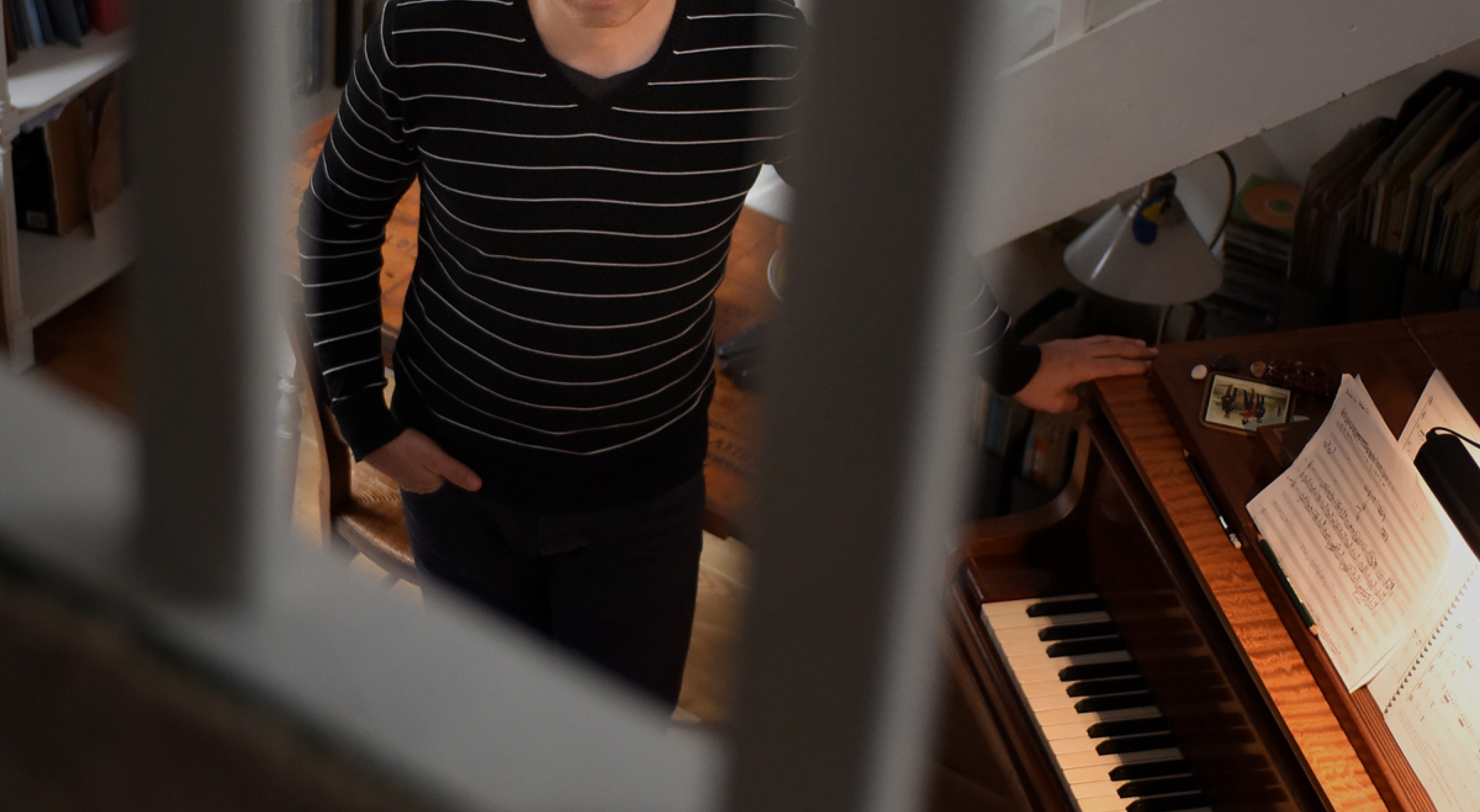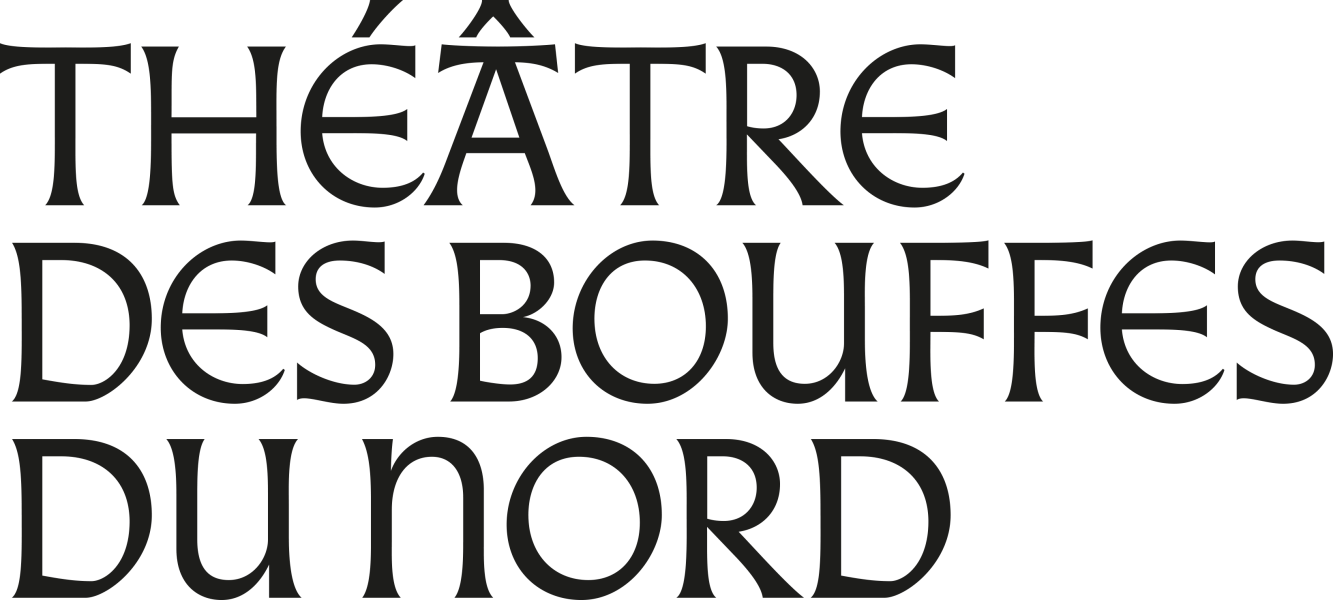Robert Piéchaud
Amerika
Monograph with Charles Ives
octoberoct 17
Robert Piéchaud:
Diptyque de guerre (Shiloh, The Baghdad Zoo); Studies for piano (excerpts); The River, wind quintet; Wittgenstein Lieder (première – commissioned for the Festival d’Automne à Paris)
Charles Ives, arrangements by Robert Piéchaud:
Variations on America; Five Songs (taken from 114 Songs)
Ensemble L’Instant Donné
Trio Trans-Atlantismes: Robert Piéchaud, piano; Jill Alessandra McCoy, voice; Stan de Nussac, bass clarinet, saxophone
Jointly produced by C.I.C.T. – Théâtre des Bouffes du Nord (Paris), the Festival d’Automne à Paris
With the help of Sacem
Proudly supported by Adami
Can one ascribe Robert Piéchaud’s infatuation with the United States to the fact he completed part of his musical training in New York? It is no coincidence that since 2011, the self-taught composer with an unquenchable thirst for freedom – one he acquired from his former piano teacher Claude Helffer – has played alongside Stan de Nussac and Jill McCoy in the aptly named trio Trans-Atlantismes. This programme is also a clear indicator: Amerika. The subheading Monograph with Charles Ives recalls a similarly titled work by another of Piéchaud’s idols, György Ligeti with his work Self-portrait with Reich and Riley (with Chopin in the background). The programme chosen by Robert Piéchaud for the Festival is a “rich dialogue” between his own universe – represented by four pieces – and that of a composer seen as the father of American music.
The aim is not to highlight his talent as a transcriber, nor is it to highlight his affinities with the music of Charles Ives; the goal is to provide an insight into a world of overwhelming artistic wealth. A world defined by the very bond with nature that is predominant in so many American artists, in the writing of Henry David Thoreau and the work by land-artist Robert Smithson – a humanist, poetic and naturalist space. A space that Leonard Bernstein described as authentically “primitive” when talking about Ives, and a space that Piéchaud translates into music with finesse, keeping it both refined and powerfully organic, deeply intellectual yet seemingly simple – as can be witnessed in the stunning wind quintet The River, where the voice breathes life into the instrumental tonalities, and also in Studies for piano. His music, while serious, never betrays his keen enjoyment of the burlesque – Piéchaud often played the piano accompaniment for Buster Keaton films, elements of which can be heard in the Wittgenstein Lieder – and shows the markings of his unique, heightened, artistic sensitivities.
In the same place

